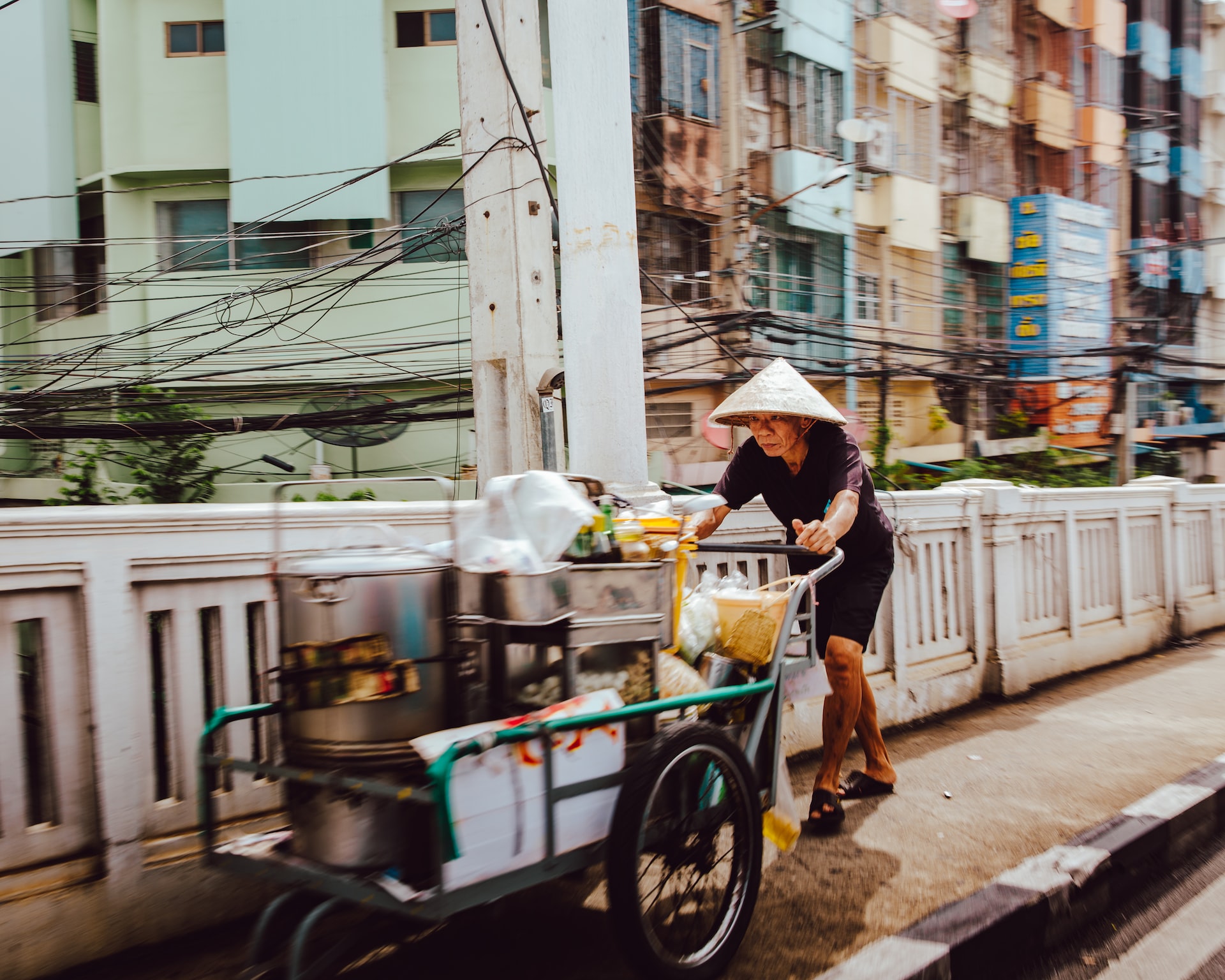Are you a daring foodie looking to sample some of the best street food around the globe? Well, before you sink your teeth into those local delights, it’s important to know how to travel safely. And that includes researching street food safety tips. From finding out where is safe to eat, what foods might be sneaky hazards, and getting savvy with ingredient labels, this blog post has all the insider info you need in order to make sure that every bite of your exotic snack is enjoyed stress-free. So read on if you’re ready for an adventure both gastronomically and responsibly!
Street Food Safety
Why Street Food is Popular
Street food has been a staple in many cultures for centuries. It’s defined as food that is sold by vendors on the street or in public places. Street food has become popular for several reasons, including:
- Affordability: Generally less expensive than dining in a restaurant, making it an affordable option for many people.
- Convenience: Often sold in busy areas, making it easy for people to grab a quick and delicious meal on the go.
- Reflects Local Culture and Cuisine: It is made using local ingredients and cooking techniques. Thus, providing an opportunity for people to experience the culture and cuisine of the area.
- Opportunity for Social Interaction: Street food vendors often set up their stalls in busy areas. It therefore provides an opportunity for people to interact with one another and create a sense of community.
Factors that Affect Street Food Safety
There are several factors that can affect the safety of street food, including:
- Ingredients and Sourcing: The quality and safety of the ingredients used in street food can have a significant impact on its safety.
- Food Preparation and Handling: Proper preparation and handling techniques are essential for ensuring that street food is safe to consume.
- Food Storage and Transportation: Special storage and transportation practices are necessary to prevent contamination and ensure that the food is safe to eat.
The Risks of Consuming Street Food
While street food can be a delicious and exciting way to experience local cultures and cuisines, it’s important to be aware of the potential risks. Especially risks that come with consuming food from unregulated street vendors. Here are some of the main risks associated with eating street food:
- Foodborne illness: One of the biggest risks associated with street food is the potential for foodborne illness, caused by bacteria, viruses, or parasites in contaminated food. In many countries, street vendors may not have access to clean water, refrigeration, or proper sanitation facilities. This can increase the risk of foodborne illness. Symptoms can range from mild stomach upset to severe illness and even death.
- Contamination: Street food may be more prone to contamination than food prepared in regulated kitchens. It is often prepared in unhygienic conditions, such as on the side of the road or in a crowded market. Contaminants can include dirt, dust, insects, and other environmental pollutants, as well as harmful chemicals from improper food handling and preparation.
- Allergies: Vendors may not be able to accommodate special dietary needs or allergies, and may not be knowledgeable about the ingredients they are using. This can be especially risky for those with severe allergies, who may unknowingly consume allergens and suffer a life-threatening reaction.
- Safety and hygiene: Street food vendors may not follow proper food safety and hygiene practices. Including washing their hands and cooking utensils, storing food at safe temperatures and properly disposing of waste. This can increase the risk of foodborne illness and other health hazards.
- Fraud: Vendors may not always be honest about the quality or origin of the food they are selling. They may use cheaper or inferior ingredients to cut costs. This can result in a lower quality of food than what is advertised or even food fraud, where vendors claim to be selling one thing but are actually selling something else entirely.

Street Food Safety
Precautions to Take Before Consuming Street Food
It’s important to take certain precautions when consuming street food. Here are some tips to help you stay safe:
- Research the local cuisine and recommended street vendors: Before sampling street food, research the local cuisine and find out which vendors are recommended by locals and reputable travel sources.
- Observe the vendor’s hygiene and food handling practices: Look for vendors who wear gloves and use utensils to handle food, avoid cross-contamination between raw and cooked food and maintain a clean and tidy food preparation area.
- Check for food safety certifications: Look for vendors who have obtained food safety certifications from local health authorities or international organisations.
- Choose freshly cooked and hot food: Opt for freshly cooked food that is piping hot, as heat can kill harmful bacteria.
- Avoid raw or undercooked food: Especially meat and seafood, as these can be a source of foodborne illnesses.
- Use hand sanitisers or wash hands before eating: Always clean your hands with soap and water or use a hand sanitiser before eating.
- Avoid drinking tap water and opt for bottled water: Stick to bottled water or other safe beverages and avoid drinking tap water or ice that may be contaminated.
Benefits of Safe and Responsible Street Food Consumption
When street food is prepared and consumed safely, it can have several benefits, including:
- Supporting Local Economies and Food Culture: Street food vendors are often small business owners who rely on their businesses to support themselves and their families.
- Promoting Food Safety and Public Health: Safe street food consumption can help to reduce the risk of foodborne illness and promote public health.
- Enjoying Delicious and Diverse Cuisine: Safe and responsible street food consumption provides an opportunity to enjoy delicious and diverse cuisine from around the world.
Street food is an important part of local cultures around the world. It provides economic opportunities for vendors. However, it’s important to be aware of the potential risks of consuming street food and take precautions to protect your health.
By following these tips and being mindful of food safety regulations, you can enjoy the delicious and diverse flavours of street food without compromising your health.

